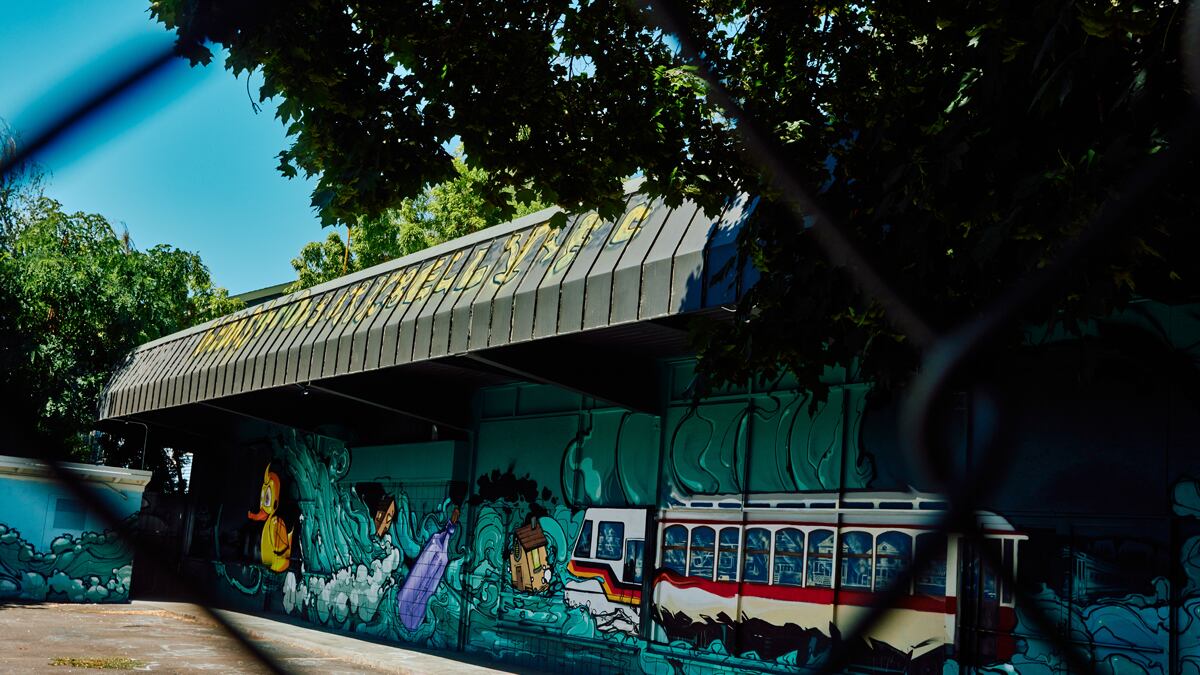Address: 2755 SE Belmont St.
Year built: 1968
Square footage: 4,500
Market value: $1.9 million
Owner: Killian Pacific
How long it’s been empty: 13 years
Why it’s empty: Environmental pollution
In 2009, Bill Macfarlane went to pick up his dress shirts at Wash World on Belmont—and found the dry cleaner closed.
“I called the number on my ticket and had to meet a guy in a parking lot to get my shirts,” Macfarlane recalls. “No advance notice that they were closing at all.” Ever since, he’s wondered why the property has remained fenced off and boarded up.
Documents submitted to state environmental regulators provide some clues.
Industrial sites with suspected chemical contamination must submit a cleanup plan to the Oregon Department of Environmental Quality, especially if the owners seek to redevelop the land. For the better part of four decades, the Wash World on Belmont used a solvent called perchloroethylene, or PCE, to dissolve grease stains from suits and dresses. The U.S. Environmental Protection Agency says prolonged exposure to PCE causes neurological and liver damage. Probably cancer, too.
So it was a problem when, in 2015, an environmental remediation firm found that “volatile PCE vapors have been detected in soil, gas and indoor air samples.”
The property owner at the time, a company called Alfa Belmont LLC, installed a “vapor extraction” system that pulls PCE gas from beneath the building’s concrete floor, treats the vapor and expels it outside.
In 2016, Alfa Belmont sold the building to Mark Desbrow’s Green Light Development. In part to reduce exposure to PCE vapor, the developer planned to reverse the existing footprint: by erecting a five-story apartment building on what was once the parking lot.
Six years later, that still hasn’t happened. The empty Wash World building is covered in brightly colored murals featuring an octopus, a trolley car, and a troubled-looking yellow duck.
The building was sold again, for $2.2 million to Killian Pacific, the Portland developer best known for the Goat Blocks towers.
Michi Slick, a principal of development at Killian Pacific, tells WW that two developers are now planning 32 units of rental apartments. The project is called Shortstack Housing, and is intended to fill the “missing middle” of small-scale multifamily developments in residential neighborhoods.
“The presence of site contaminants,” Slick adds, “which are required to be addressed with redevelopment of the property, make construction of any new building at the property more complex.”

